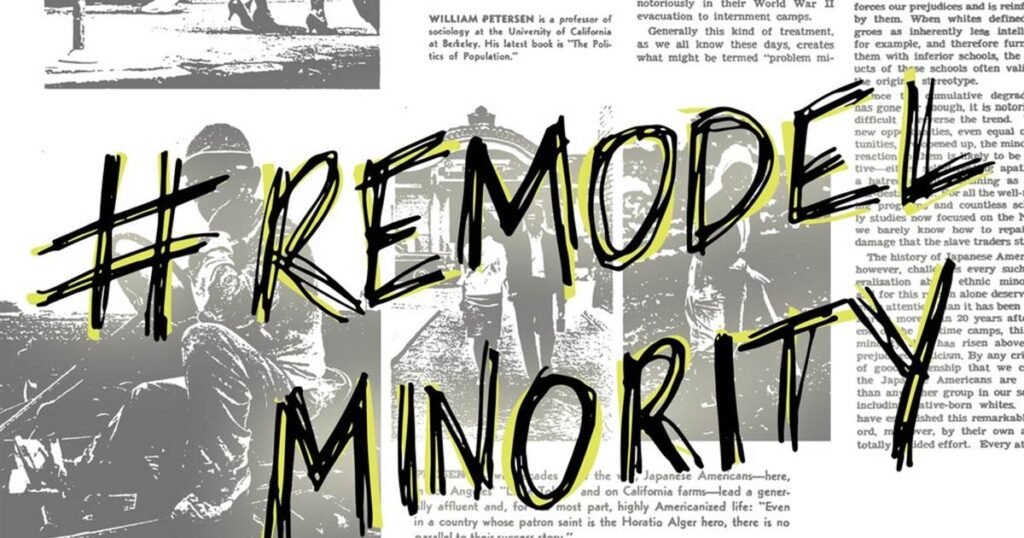After being downplayed for decades, it is important to bring the model minority stereotype into the light. The model minority stereotype is a concept that many individuals have experienced without their knowledge. It is a stereotype that categorizes Asian Americans as a polite, law-abiding group who have achieved a higher level of success than other racial groups. The stereotype points to hard work and innate talent as the reason for their success.
Despite the seemingly positive implications of the model minority stereotype, it has a harmful effect due to the pressure it creates on Asian Americans to live up to this false society-created stereotype. This immense pressure leads individuals who do not align with the model minority stereotype to feel like a failure and an outcast from the rest of the Asian American community. Due to this, Asian Americans have one of the highest suicide attempt rates compared to other groups.
To better understand the model minority stereotype, residents from around the community share how they have experienced the model minority stereotype and how they work to combat its effects.
“In my previous school, people expected me to be very studious and always have my face buried behind a book during social hours, as a foreign student of Indian ethnicity. I had to combat this by being very sociable and hanging out with many people, which eventually became my close friend group.” – Nikhil Sivanthi, age 14
“Throughout school, Asian stereotypes caused my effort to often be disregarded by my teachers and peers, creating impossible pressure to meet everyone’s expectations. I combated the effects of this stereotype by seeking help whenever needed and developing a growth mindset. This ensured that my growth was not being held back by a fear of not meeting unrealistic expectations.” – Emily Thomas, age 15
“Being regarded as part of the Asian community has many stereotypical ideals such as “Asians are always knowledgeable” etc. making it seem as if I had to live up to those expectations, damaging my self-esteem if I couldn’t. This thought process is especially harmful to someone’s mental health and could potentially ruin their self-confidence.” – Soorya Narayanan, age 17
